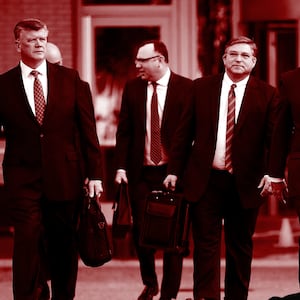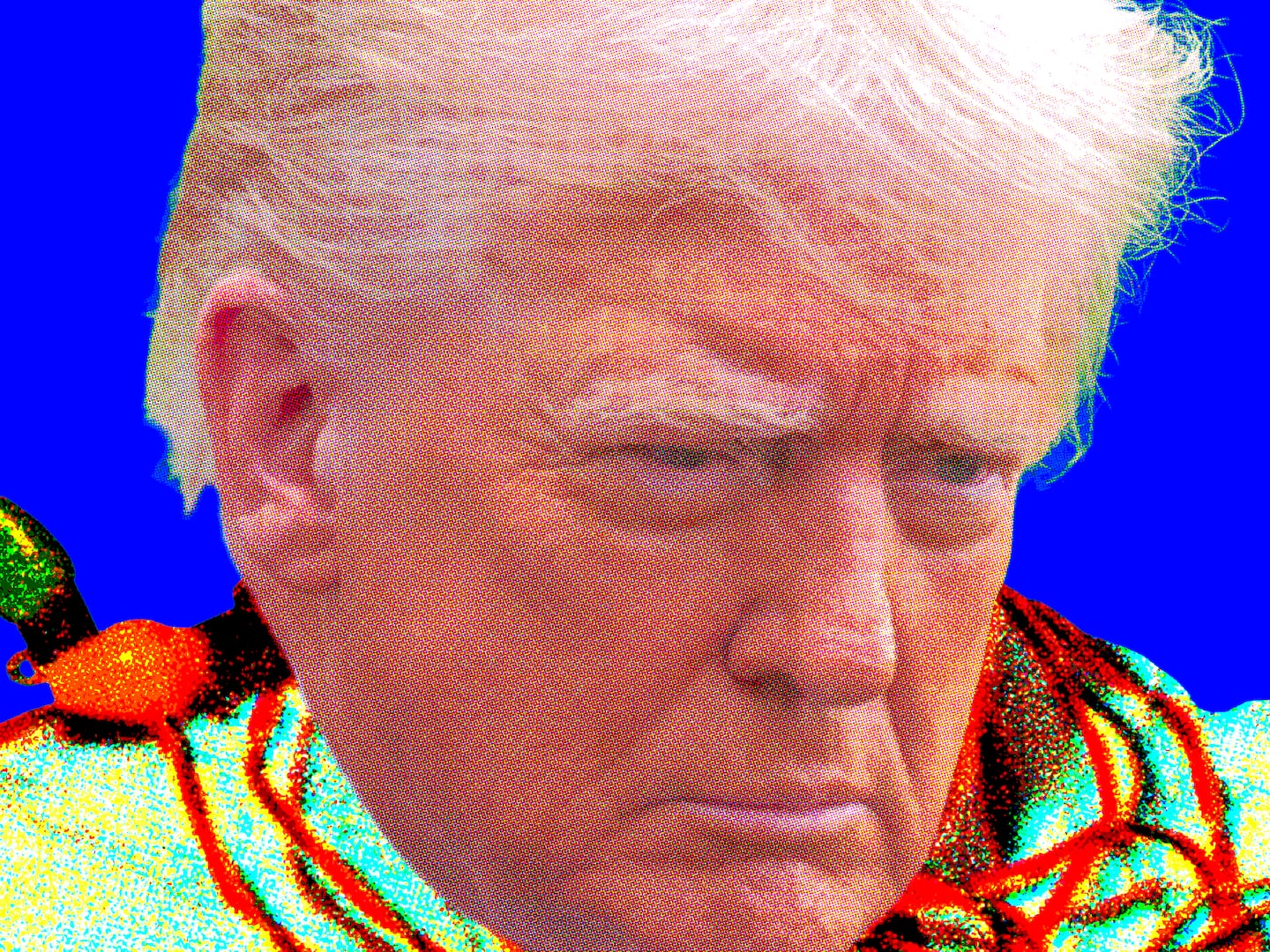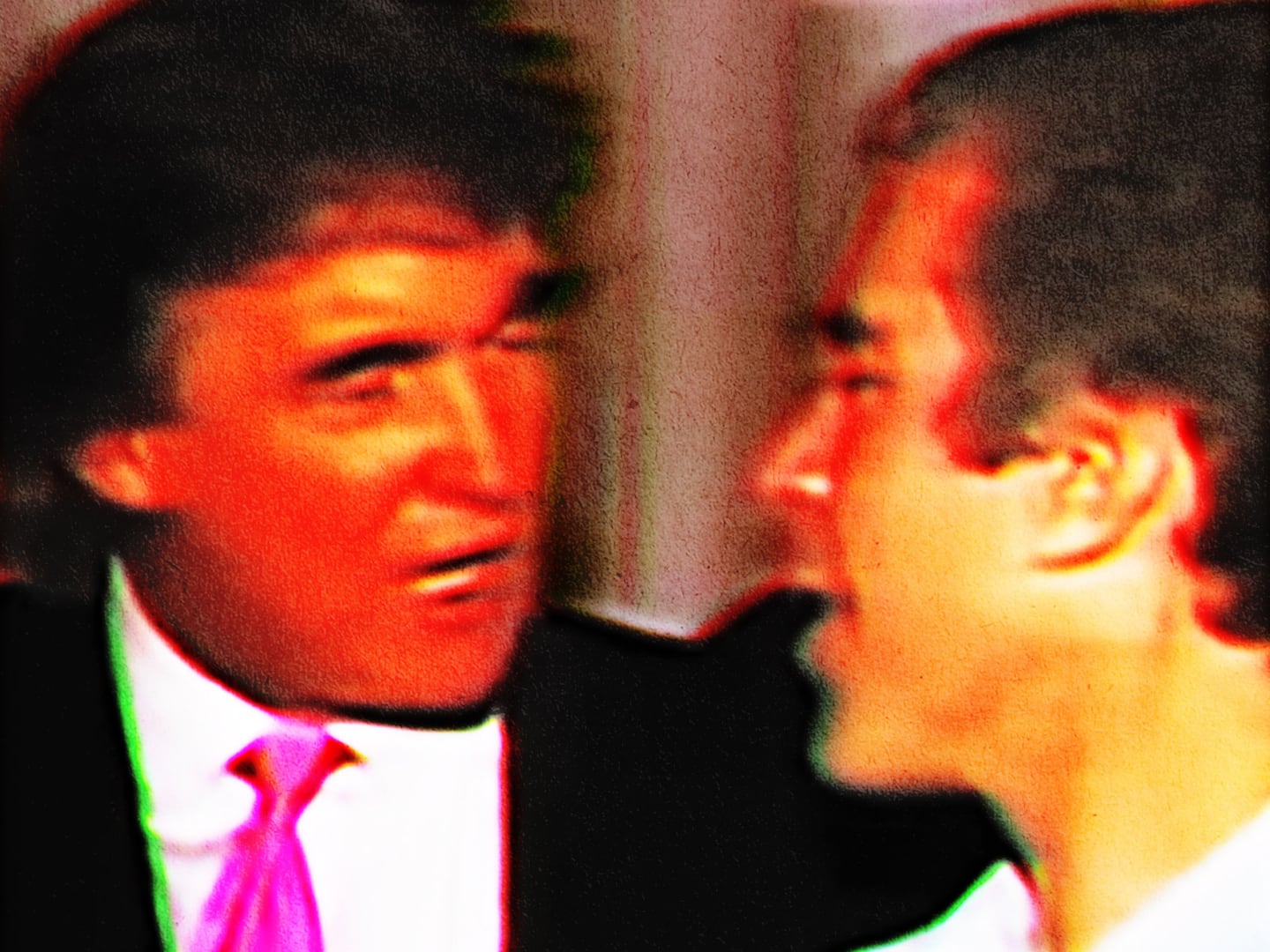The worst thing you can do is lie.
Those are usually the first words a prosecutor tells a cooperating defendant before sitting down for a debriefing. That’s because lying breaches a cooperation agreement. When a cooperation agreement is voided, all promises by the government are off, and the defendant (who, like Manafort pleaded guilty to crimes that he cannot now challenge) does not receive a recommendation for a reduced sentence. What’s more, the cooperator might even face additional charges for lying to government agents.
A sophisticated defendant like Paul Manafort, who is represented by an experienced lawyer, must know that. Monday’s court filing by special counsel Robert Mueller alleged that Manafort had lied to the FBI and the special counsel’s office about “a variety of subject matters.” Mueller promises to file a detailed sentencing memo setting forth the nature of Manafort’s “crimes and lies” before his sentencing, so we may know soon what he was lying about.
What is less clear is the motive. What would cause Manafort to lie when it is against his self-interest to do so? One possibility is that Manafort is a pathological liar who, despite all common sense, cannot tell the full truth. We have seen cooperators in our time as federal prosecutors who thought that they could outsmart the government—tell them some of their information, but not all. The phrasing of Manafort’s statement in the submission to the Court suggests this: his lawyers state that he “believes” he “has provided information to the government.”
OK, but providing some information is not enough: he has to truthfully provide all relevant information. In our experience most (but not all) cooperators who are simply incapable of meeting this standard don’t enter into cooperation agreements in the first place. But, Manafort did. So, it must be that he fears even worse consequences from telling the truth than he does from breaching the plea agreement and serving additional prison time.
We know from recent reporting that Mueller has been investigating connections between associates of President Donald Trump and WikiLeaks, which published emails that had been stolen by Russians hacking into the Democratic National Committee in 2016. Reports suggest that Roger Stone and Jerome Corsi may have had advance knowledge of the publication of emails by WikiLeaks. Advance knowledge alone is not enough to make one guilty of a crime. That’s where Manafort’s cooperation could have been helpful.
If Manafort could provide evidence of coordination between members of the Trump campaign, like Stone, and the hackers, that could make them co-conspirators in the indictment filed by Mueller in July charging Russian intelligence officers with conspiracy to defraud the United States by interfering with the fair administration of U.S. elections.
If other individuals agreed that this crime would be committed and that an overt act would be performed in furtherance of the scheme, then they too could be charged with conspiracy. Because Mueller framed the conspiracy not just as the hacking, but also the dissemination of the emails, other individuals could be charged as co-conspirators if they provided something as simple as advice, such as suggesting which emails to disclose or the timing of the disclosure, which in one instance occurred conveniently on the same day as the release of the damaging Access Hollywood tape. As a result, unflattering emails about Hillary Clinton’s campaign competed for airtime with the story about Trump’s offensive comments about women, potentially influencing the outcome of the election.
As campaign chairman, Manafort was uniquely situated to provide information helpful to Mueller. He was present at the June 2016 meeting in Trump Tower with Russians, along with Donald Trump, Jr., and Jared Kushner. According to email messages received by Donald Trump, Jr., that meeting was set up to discuss Russia’s support for the Trump campaign and to obtain information disparaging to Clinton. Manafort could tell Mueller whether they discussed how to use stolen emails to influence the outcome of the election.
This meeting takes on new significance in light of a report in The Guardian that Manafort met with WikiLeaks founder Julian Assange at the Ecuadorian embassy in London in the spring of 2016. If that report is true, then Manafort could also possibly tell Mueller whether he served a conduit to the Trump campaign and whether he and Assange discussed weaponizing the Clinton campaign’s emails.
Mueller’s team would have discussed these and every other subject relating to the Russia investigation with Manafort. The fact that Mueller decided to take the significant step of stating that Manafort “breached” his agreement by telling lies and committing crimes implies that the subjects about which Manafort lied were not minor but were lies about facts central to the Russia investigation. It also implies that Mueller has good evidence of those lies that he could submit to a judge to defend that allegation.
So, did Manafort continue to lie despite that evidence because he remains loyal to Trump? Does he fear confirming that there was conspiracy with Russia because it may implicate powerful people here in the United States and/or powerful people abroad? Or does he fear losing a chance at a pardon if he provides the bridge from the Trump campaign to indicted Russians?
We don’t yet know the answers to these questions, but we might soon find out: if Mueller chooses to file his “detailed sentencing submission” publicly (although the judge could allow the filing under seal for some period of time if there is good reason to continue keeping information non-public) or if he charges other individuals should evidence of Manafort’s lies also implicate people in conspiracies.








